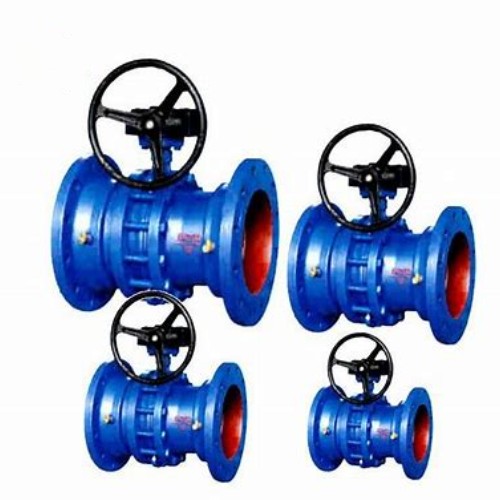control valve actuator
Understanding Control Valve Actuators An Overview
Control valve actuators play a crucial role in various industrial processes by regulating the flow of fluids through valves. This component is key in automation systems, enabling precise control over fluid dynamics, pressure, and temperature, which is essential for maintaining operational efficiency and safety.
What is a Control Valve Actuator?
A control valve actuator is a mechanical device that drives a control valve, adjusting its position to modulate the flow of liquids or gases. Actuators can be powered by different energy sources, including electric, pneumatic, or hydraulic systems. Each type has its own advantages and is suited for specific applications.
1. Electric Actuators These actuators are powered by electricity and are characterized by their precision and ease of integration with digital control systems. Electric actuators are ideal for applications where precise positioning is essential. They can be used in various environments, including those with stringent safety requirements.
2. Pneumatic Actuators Utilizing compressed air, pneumatic actuators offer rapid movement and high force output. They are commonly used in processes requiring quick response times, such as in the chemical or pharmaceutical industries. Their robustness makes them suitable for harsh environments, although they may require additional equipment to handle air compression.
3. Hydraulic Actuators These devices use hydraulic fluid to operate, providing significant power and torque, making them suitable for heavy-duty applications. Hydraulic actuators are often used in large-scale industrial settings where manipulation of substantial force is necessary.
Components of Control Valve Actuators
A typical control valve actuator consists of several key components
- Drive Mechanism This part converts the actuator's energy source into mechanical movement. In electric actuators, this usually involves a motor and gearbox, while pneumatic and hydraulic actuators rely on the movement of fluid to create force.
- Feedback System This is a crucial element of an actuator, providing data on the valve’s position to the control system. It can include potentiometers or encoders, allowing for accurate monitoring and adjustment.
control valve actuator

- Control System Interface Actuators are often linked to a Distributed Control System (DCS) or Programmable Logic Controller (PLC), which manages the actuator based on the process requirements. Effective communication between the control system and the actuator is vital for ensuring optimal performance.
Applications of Control Valve Actuators
Control valve actuators are found in a wide range of industries, including
- Oil and Gas In extraction and refining processes, precise control of fluid flows is essential for efficiency and safety.
- Water Treatment Actuators regulate flow rates and chemical addition to treat water effectively.
- Manufacturing Many manufacturing processes involve regulating temperature, pressure, or flow rates, where actuators enable automated adjustments to maintain optimal conditions.
- Pharmaceutical Industry Precise control is critical in drug manufacturing, where even minor deviations can affect product quality.
Challenges and Considerations
When selecting a control valve actuator, numerous factors must be considered, including the type of fluid, pressure and temperature ranges, and the required response time. Additionally, maintenance is vital. Regular inspections can prevent failures and extend the lifespan of both the actuator and the valve it operates.
Conclusion
Control valve actuators are indispensable in modern industrial operations, enabling efficient and safe fluid management across various applications. By understanding the types, components, and functionality of these actuators, industries can enhance their automation processes and ensure high operational standards. As technology advances, the future of control valve actuators promises increased efficiency, enhanced control capabilities, and greater adaptability to the ever-changing industrial landscape.
-
The Key to Fluid Control: Exploring the Advantages of Ball Valves in Industrial SystemsNewsJul.09,2025
-
The Versatile World of 1, 2, and 3 Piece Ball ValvesNewsJul.09,2025
-
Stainless Steel Ball Valves: The Ideal Choice for Efficient Flow ControlNewsJul.09,2025
-
Optimizing Fluid Control with Ball Float ValvesNewsJul.09,2025
-
Manual Gate Valves: Essential for Control and EfficiencyNewsJul.09,2025
-
Everything You Need to Know About Butterfly ValvesNewsJul.09,2025
-
The Versatility of Wafer Type Butterfly ValvesNewsJul.08,2025




